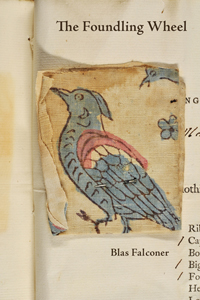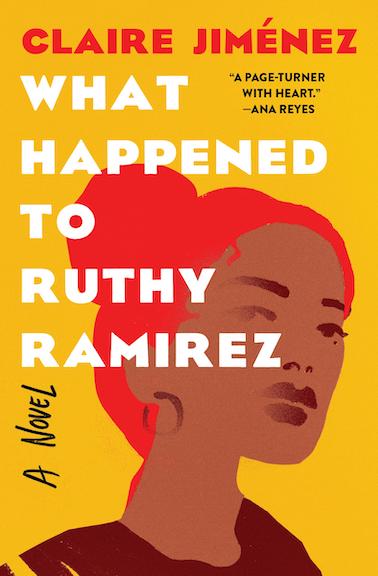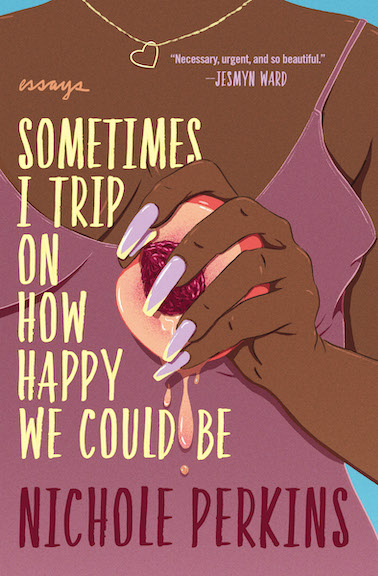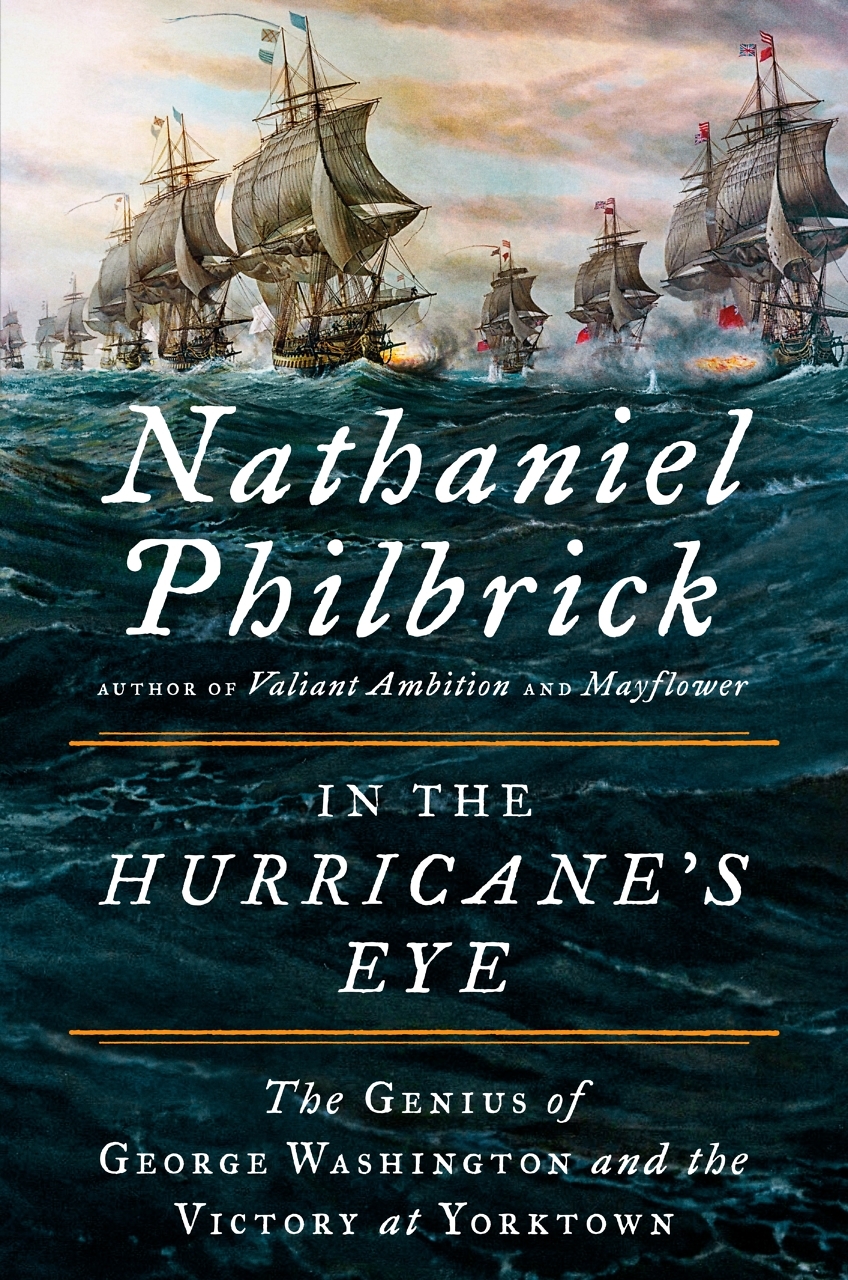Life’s Most Overwhelming Love
In The Foundling Wheel, poet Blas Falconer considers the complicated joy of parenthood
The arrival of a child is a blessing and a burden, a source of both joy and fear. The complicated emotions of a new parent are difficult to articulate, and some of the best poems on the subject—“Mother’s Blessing” by Eleanor Ross Taylor, for example, or John Berryman’s “A Sympathy, A Welcome”—opt for an oblique approach, stepping back to consider the shared human condition of parent and child instead of trying to plumb the murky depths of parental feeling. In The Foundling Wheel, however, Nashville poet Blas Falconer plunges right in and uses arresting and unexpected images to convey a vivid sense of life’s most overwhelming love. He also turns his focus outward to reflect on love’s effects and resonances—among partners, between generations, and in the wider world.
 Falconer’s poems are more impressionistic than narrative, sometimes relying wholly on pure metaphor and decontextualized images. For example, “Still Life With Orange” describes nothing more than the act of cutting a piece of fruit, and yet its eleven lines evoke a poignant moment of trouble and desire, seeming to touch on vexed romantic love as well as baby lust:
Falconer’s poems are more impressionistic than narrative, sometimes relying wholly on pure metaphor and decontextualized images. For example, “Still Life With Orange” describes nothing more than the act of cutting a piece of fruit, and yet its eleven lines evoke a poignant moment of trouble and desire, seeming to touch on vexed romantic love as well as baby lust:
Someone may be crying there:
a white blossom. This end looks
like the human navel
because a second fruit fails
to grow within the first.
The seedless fruit cannot bear fruit.
It sings in the mouth of one.
By contrast, “A Warm Day in Winter” is one of the more direct and literal poems in the collection. It depicts an idyllic interlude with parent, child, and nature, but even here there’s a suggestion of the strangeness of the child, the sense that he is a kind of intimate alien.
I try
to see as you, without likeness or memory,
as I did the night you were born.
Before, I couldn’t guess your complexion,
the color of your eyes, the mark that spread
across your back like a map of the world.
The title of the collection refers to the revolving cribs that were once set into the walls of churches and convents, where mothers could safely leave infants they were unable or unwilling to keep. In the context of Falconer’s poems, the image of the foundling wheel is resonant on several levels. Falconer and his partner adopted their son. The adoptive parents, their families of origin, and the baby’s biological mother are all present in these poems, providing a sense that beyond the drama of the adoption itself there is a larger wheel of life turning, one in which longing, love, and loss cycle through a constellation of individual souls.
 Not all the poems of The Foundling Wheel are expressly concerned with parenthood and family; but what might be called the aesthetic of parenthood—a keen awareness of the entangling of body and spirit, of the sacredness of biology—seems to inform almost every line. “Look at You” considers the gap between that immediate sense of a consecrated connection to the world and the ideas or expectations we carry into our experiences.
Not all the poems of The Foundling Wheel are expressly concerned with parenthood and family; but what might be called the aesthetic of parenthood—a keen awareness of the entangling of body and spirit, of the sacredness of biology—seems to inform almost every line. “Look at You” considers the gap between that immediate sense of a consecrated connection to the world and the ideas or expectations we carry into our experiences.
The photo disappoints because you didn’t know
what you wanted—not
the image of the horse’s head bending down
but the tenderness when his mouth
took the apple from your hand—
that it wouldn’t end so soon.
Falconer’s previous collection, A Question of Gravity and Light, explored his coming of age as a gay man, as well as the challenges of moving between cultures. In those poems, Falconer showed a remarkable gift for finding the image that captures an ineffable emotional truth, and he shows the same talent here, always conjuring a metaphor that conveys meaning without surrendering its own intrinsic beauty.
The Foundling Wheel is gentler, less violent, and more interior than Falconer’s earlier work, but there’s not a trace of sentiment here. Instead, there’s an undercurrent of wonder, a sense of a man marveling at the way in which greeting a strange new life can awaken transformation within. Much of the power—and the charm—of these poems lies in their depiction of those moments when we realize that life is going to act upon us and change us, even as we try to shape life to fit our own desires. It’s a knowledge that comes in small moments, as in “Lighter,” where Falconer writes of tending his sick baby and finding that “I no longer want what I wanted before. / As when one day you look upon / the house you’ve built and can’t recall the field.”
To read Chapter 16’s interview with Blas Falconer, click here.


